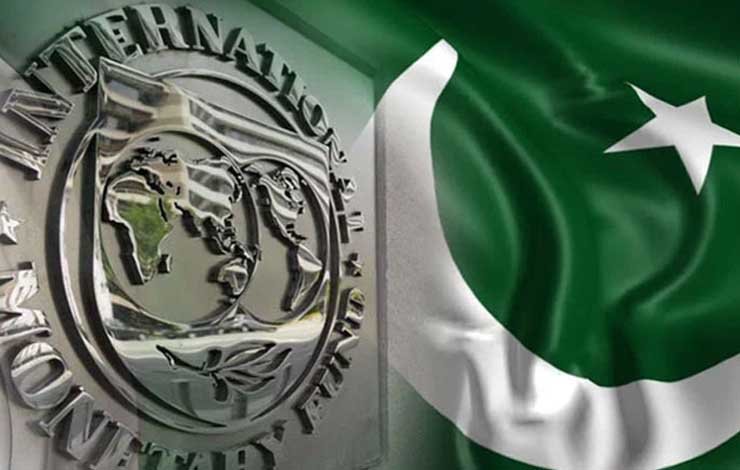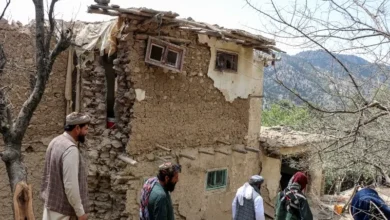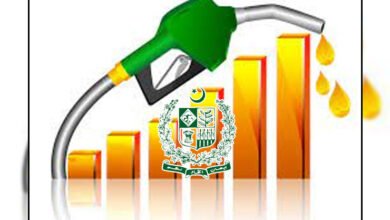Negotiations between Pakistan and IMF: Matter of Now or Never
Economists say if negotiations between Pakistan and IMF are successful, then Pakistan will come out of default situation.

Negotiations between Pakistan and IMF are going to start from today, these negotiations are very important for the economic lifeline of Pakistan, according to the sources of News 360, the visit of the Emirati President was also postponed due to this.
Pakistan should settle its IMF affairs first, as Sheikh Mohammad bin Zayed Al Nahyan was to announce some relief packages for Pakistan during his visit to Islamabad. However, the tour was canceled at the last moment.
The most difficult negotiations between Pakistan and IMF are going to start from today. The government has made petrol and diesel more expensive even before the talks, while the dollar is trading above 270 in the interbank market due to the unbridled dollar.
Read also
UAE President’s visit to Islamabad, a unique holiday in federal capital
Negotiations have not started yet, but the Ministry of Finance has planned to impose 200 billion rupees in taxes, increase the price of electricity by 4.5 rupees per unit and increase the price of gas by another 74%.
Shahbaz Speed’s performance for the betterment of the people has come to a standstill, the skills of the Aristotle Finance Minister Ishaq Dar have faded, contrary to all his claims, Ishaq Dar has been forced to kneel before the IMF.
The government of Pakistan has been forced to negotiate according to the terms, dictates and targets of the IMF. Negotiations between Pakistan and the IMF will begin on January 31, i.e. today.
There is no softening in the attitude of the IMF for Pakistan and before its arrival, the IMF forced the government of Pakistan to leave the exchange rate of the dollar on the open market, to increase the price of petrol from January 29 instead of February 1. done.
Sources in the Ministry of Finance have told News 360 that these negotiations between Pakistan and the IMF are on the most difficult and strict terms in history. Pakistan will have to accept all IMF conditions and there is no other option.
Sources say that taxes of 200 billion rupees will have to be levied to make the negotiations successful and in this regard the necessary mini-budget will be approved by the joint session of the Parliament on February 8, 2023. Thus flood levy can be imposed on imports through mini budget before the budget.
Sources have told News360 that while flood levy may be imposed on imported raw materials and furnished items, up to 3 percent flood levy may be levied on imported luxury items through the ordinance. 1% flood levy may be levied on imported goods which are subject to zero customs duty. Flood levy may be levied on foreign exchange profits of banks.
The decisions of Ogra and Nepra will also have to be accepted, Ogra has decided to increase the gas rate by 74% from July 1, 2022. The government of Pakistan has to implement this decision in a phased manner and increase the gas rate for different categories and different sectors. A roadmap has to be presented and implemented to reduce the circular debt of 1540 billion rupees in the gas sector by increasing the gas rate.
Nepra has decided to increase the basic electricity tariff by 7.5%. In the first phase, electricity will be increased by Rs 4.5 per unit for various categories, domestic consumers, commercial consumers and industrial consumers. In the second phase, electricity is facing conditions to increase the price by Rs 3 per unit.
Economists say that if the talks between Pakistan and the IMF are successful, Pakistan will come out of default, or at least temporarily get another lifeline.
Economists further say that currently the rate of inflation has reached 32% and the plan being prepared by the Ministry of Finance to meet the conditions of the IMF will bring an unstoppable storm of inflation. Looking at the condition, it can be said that inflation can go up to at least 44%.



